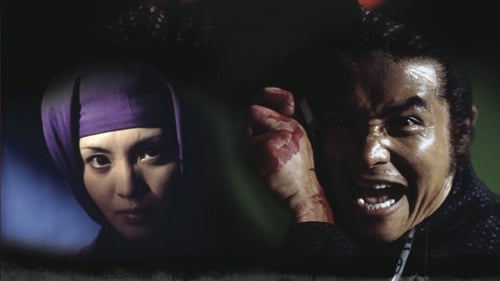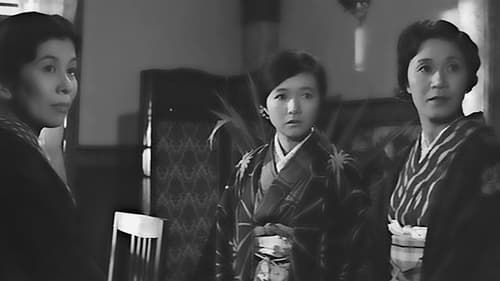
The film follows the story of Sugi Toranosuke, a ronin, who returns to his home town of Edo many years after his attempted suicide as a sickly child. Rescued and adopted by a master swordsman, he has grown into a master swordsman and a very kind gentleman. The time is around 1868 the year that the nails were finally put into the coffin containing the feudal system that nurtured and sustained the samurai. Sugi is confused and unsure about what is happening but his teacher wants him out of the chaos of the multiple power struggles between the various clans.

Prostitute
No Japão do século 19 , em um hospital de caridade o Dr. Niide (Toshiro Mifune), um médico duro mas honrado, conduz um jovem estagiário sob sua orientação ao longo de inúmeros casos difíceis.
Ambientado em tempos feudais, médico novato, Yuzo Kayama, é enviado para uma enfermaria pobre esperando ser apenas passageiro, mas está furioso ao saber que ele deve ficar. Ele tenta provocar sua dispensa, mas é frustrado pelo médico-chefe "Barba Vermelha" (Toshiro Mifune), um homem cujos métodos são tão carinhosos quanto imprevisíveis.

Considered one of the finest late Naruses and a model of film biography, A Wanderer’s Notebook features remarkable performances by Hideko Takamine – Phillip Lopate calls it “probably her greatest performance” – and Kinuyo Tanaka as mother and daughter living from hand to mouth in Twenties Tokyo. Based on the life and career of Fumiko Hayashi, the novelist whose work Naruse adapted to the screen several times, A Wanderer’s Notebook traces her bitter struggle for literary recognition in the first half of the twentieth century – her affairs with feckless men, the jobs she took to survive (peddler, waitress, bar maid), and her arduous, often humiliating attempts to get published in a male-dominated culture.


